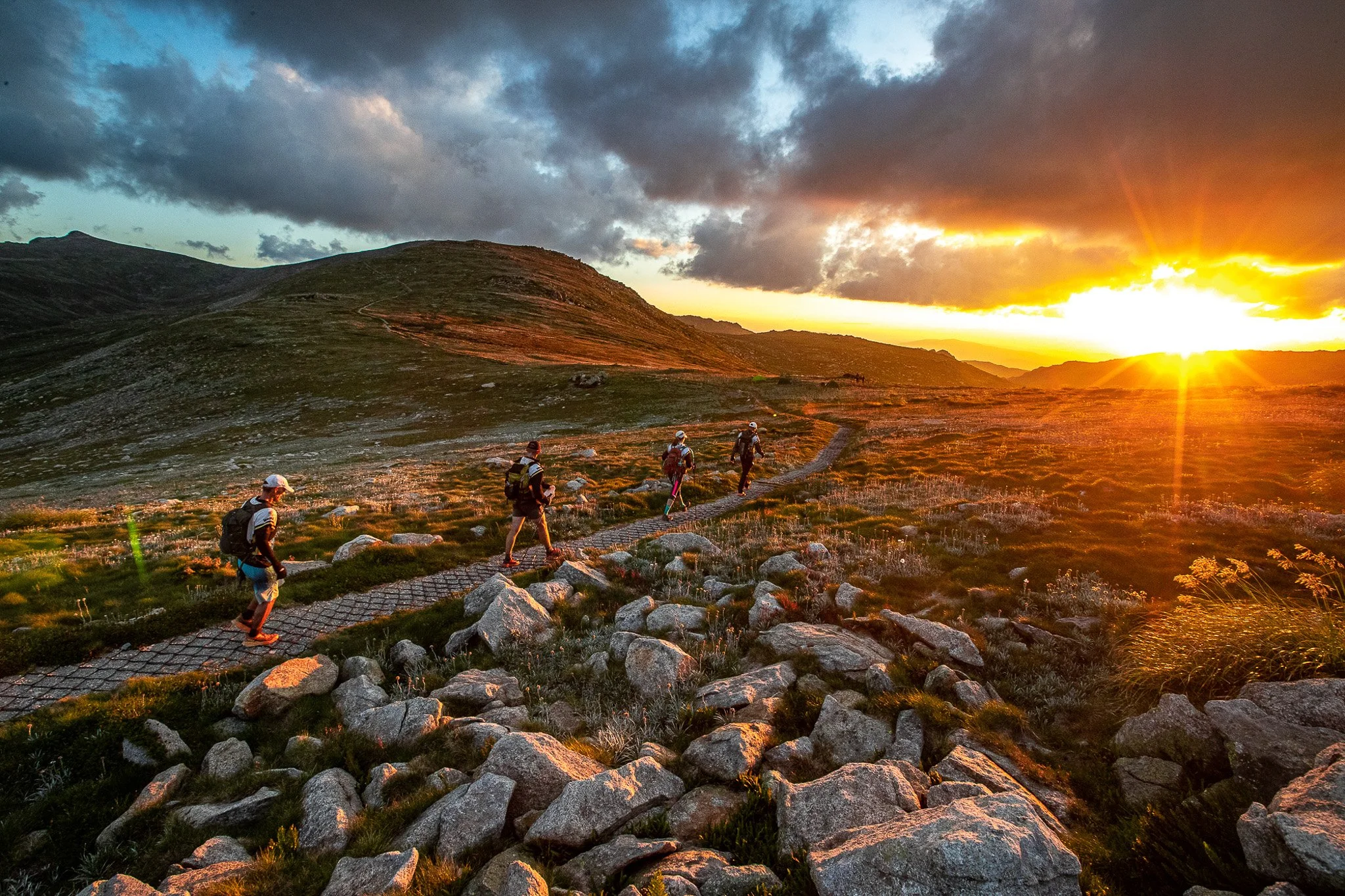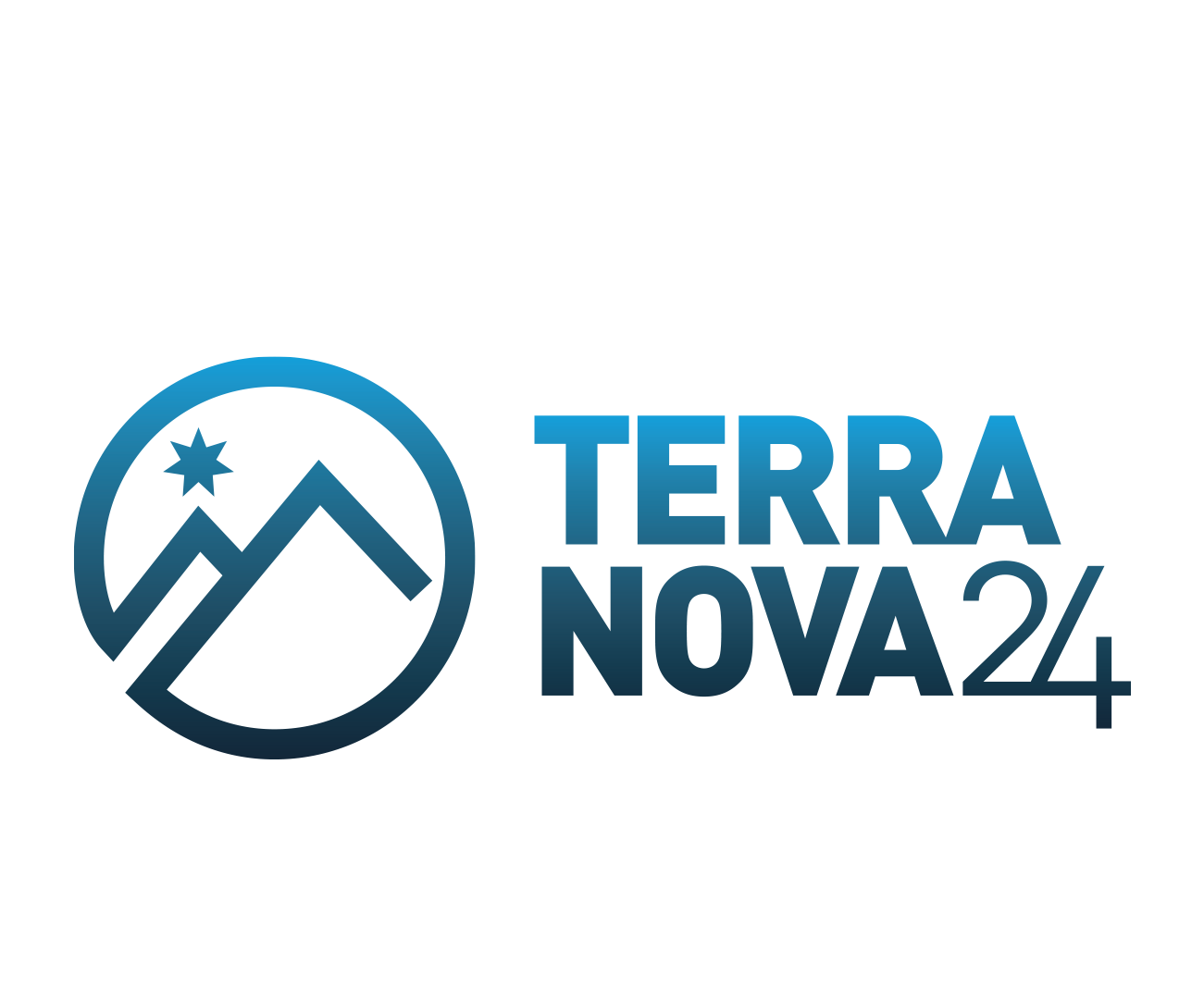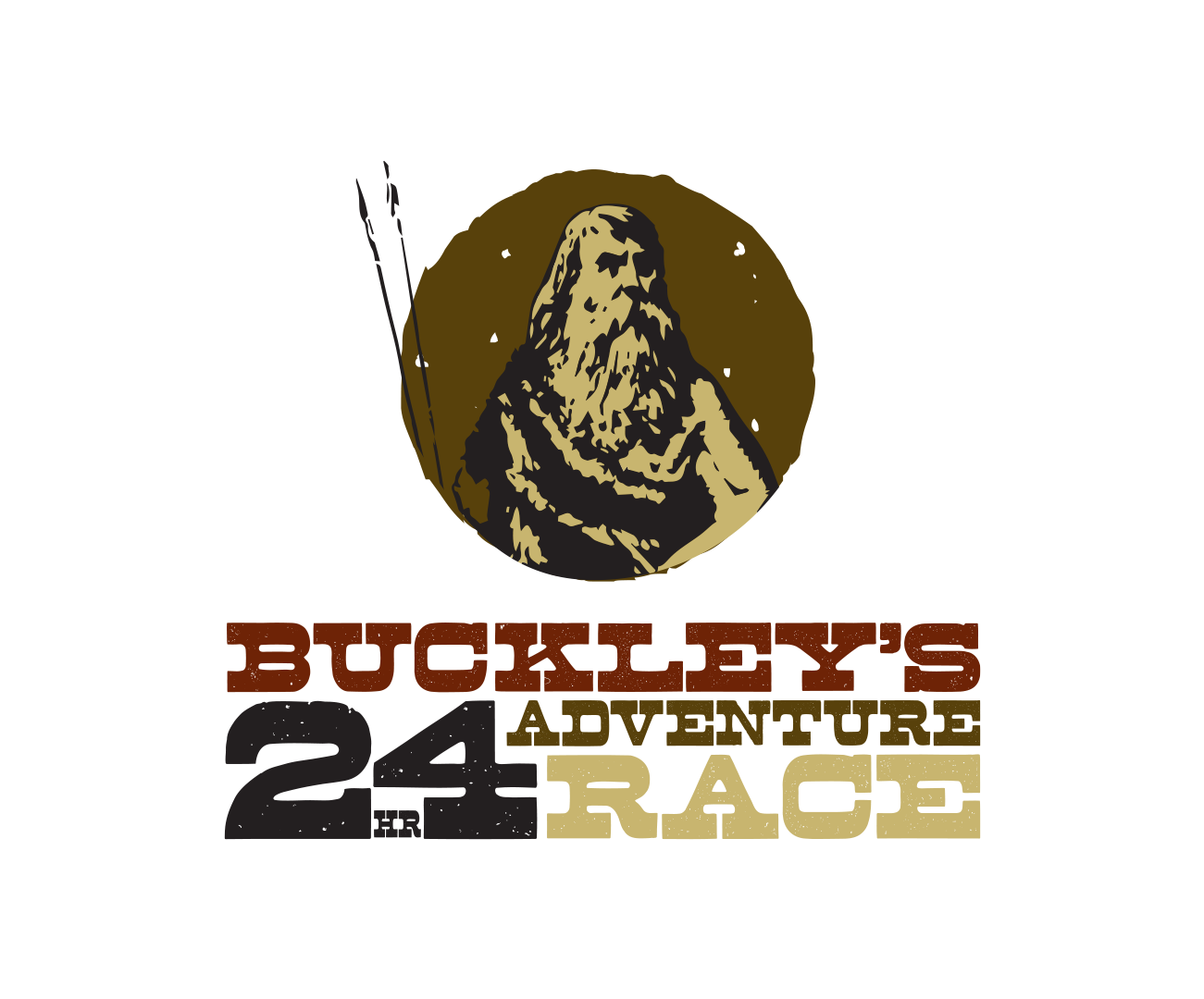Abby Race Director of the ‘Endless Mountains Expedition Race’ leading her team at Legend Expedition Race in Tasmania
Expedition Adventure Race Nutrition Guide (5–7 Days)
Expedition races are a completely different challenge — not just for your legs, but also for your stomach. Over multiple days, you’ll burn thousands of calories daily, and keeping up with energy demands becomes just as important as navigation and teamwork.
Unlike shorter races, you’ll need a mix of on-the-move fueling, substantial meals in transitions, and proper breakfasts/dinners to recover between long legs. Variety is critical to avoid flavor fatigue, and smart planning helps prevent carrying too much unnecessary weight.
Carried Food (On the Move)
| Category | Examples | Notes |
|---|---|---|
| Carbs | Energy gels, chews, muesli bars, sandwiches (PB & jam, Vegemite, honey, ham & cheese), dried fruit (sultanas, figs, dates, mango) | Essential base fuel for long days; variety prevents flavor fatigue |
| Protein | Jerky, Babybel cheese, tuna or chicken pouches, nut butter squeeze packs | Crucial for sustained effort and recovery over multiple days |
| Fats | Trail mix (nuts, seeds, choc chips), nut butter, coconut bars | High calorie-to-weight ratio, compact and filling |
| Electrolytes | Drink mix sachets, salt tablets/chews | Hydration and cramp prevention; rotate flavors if possible |
Transition Area (TA) Food
Transitions in expedition races are not just gear changes — they’re mini reset stations. This is the best place to get in more substantial, morale-boosting calories.
Freeze-dried meals (savory rice, pasta, or curry meals — lightweight and filling).
Sandwiches or wraps with varied fillings (cheese & salami, PB & honey, tuna & mayo).
Instant noodles or pasta cups.
Fresh fruit if packed carefully (apples, mandarins).
Treat foods (cookies, muffins, chocolate bars).
Caffeine options (instant coffee, tea bags, or caffeinated chews).
Breakfast and Dinner
Even in a race this long, a proper start and finish to the day helps recovery and morale. Pack a small gas stove in your transition box to guarantee a hot meal.
Breakfast: Freeze-dried meals (bacon and eggs, porridge, granola with milk powder, or egg-based options), instant oats with dried fruit, or muesli bars if in a rush.
Dinner: Freeze-dried meals (pasta, rice, or hearty stews), instant noodles with added protein (jerky, tuna pouch), or couscous with dried veg.
Having hot food in the morning or at night makes a huge difference to recovery and mood.
Example Daily Fuel Plan
On the move (per 4 hrs): 1–2 sandwiches, 1–2 bars, 1 gel/chew, handful of dried fruit or trail mix, 1 protein (jerky/cheese/tuna).
TA meals: 1 substantial meal (freeze-dried, wraps, noodles), fruit, treat snack.
Breakfast/Dinner: 1 freeze-dried meal each, plus extras (hot drink, chocolate).
Extra Expedition Tips
Variety is king: Rotate flavors and textures; no one wants 20 of the same muesli bar.
Shops and cafés: Many expedition races pass through towns — take advantage! A café stop for hot food, milkshakes, or a pastry can be a huge physical and mental boost.
Carry slightly extra: Always pack a small surplus in case a leg takes longer than expected.
Eat early and often: Stick to 200–300 calories per hour while moving.
Emergency Meal: Carry an emergency freeze dried meal that can be cold soaked if you get stuck or lost for an extended period.
Next Steps
In an expedition race, food becomes more than fuel — it’s also motivation, comfort, and team bonding. With smart planning and variety, you’ll stay strong all the way to the finish line.
← Back to Nutrition Guide
References
Costa, R. J. S., Hoffman, M. D., & Stellingwerff, T. (2019). Considerations for ultra‑endurance activities: Part 1 – nutrition. Research in Sports Medicine, 27(2), 166–181.
Craddock, J. C., Walker, G., Chapman, M., Lambert, K., & Peoples, G. E. (2025). The diet quality of ultramarathon runners taking part in an Australian event: A cross‑sectional study. Nutrients, 17(3), 485.
Zaryski, C., & Smith, D. J. (2005). Training principles and issues for ultra-endurance athletes. Current Sports Medicine Reports, 4(3), 165–170.
Knechtle, B., & Nikolaidis, P. T. (2018). Physiology and pathophysiology in ultra-marathon running. Frontiers in Physiology, 9, 634.








